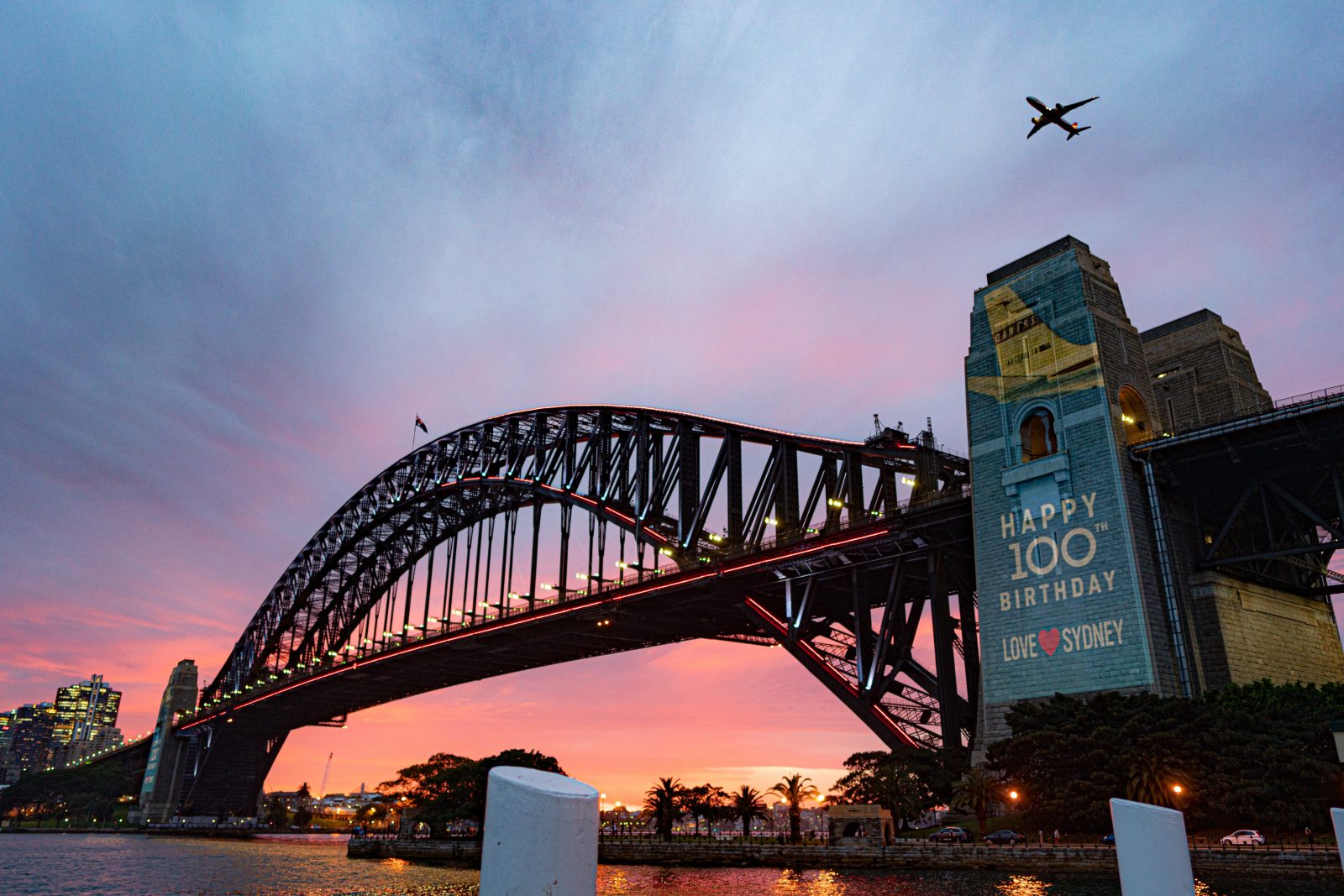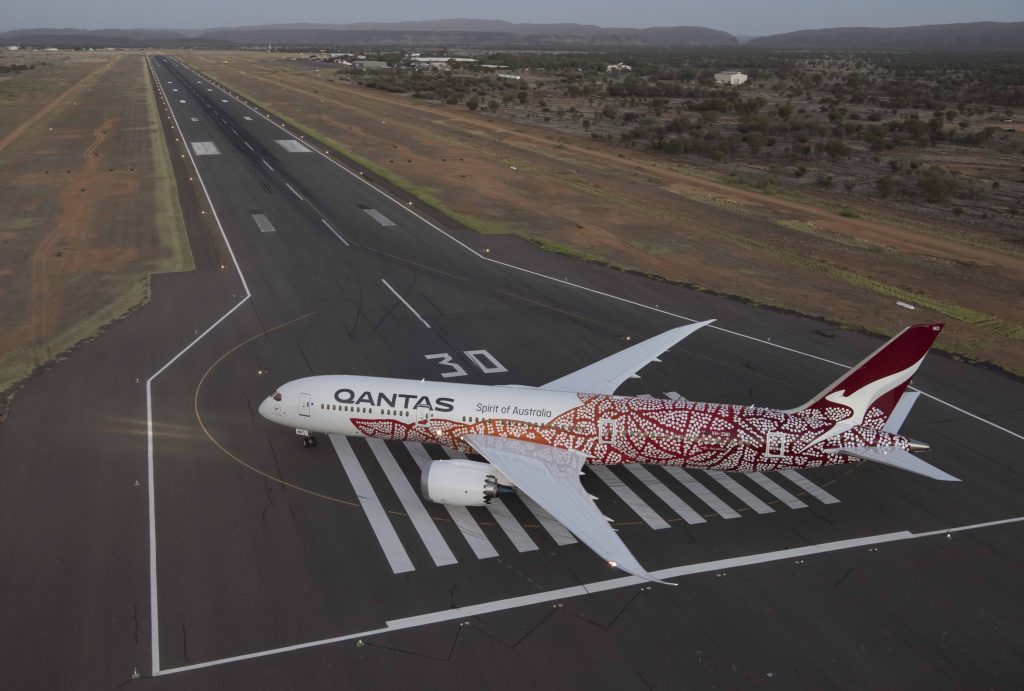
International travellers will need to show proof of vaccination against COVID-19 if they want to fly with Australian flag carrier Qantas, the airline’s chief executive Alan Joyce said during a media interview on Sunday. But while Joyce is the first airline chief to publicly make such a requirement he believes proof of vaccination will become a widespread condition of carriage across the airline industry by this time next year.
“We are looking at changing our terms and conditions to say, for international travellers, that we will ask people to have a vaccination before they can get on the aircraft,” Joyce told Channel Nine’s a Current Affair programme.

“Whether you need that domestically, we will have to see what happens with COVID-19 in the market, but certainly, for international visitors coming out and people leaving the country, we think that is a necessity,” he continued.
And Joyce also indicated that not just any COVID-19 vaccine would do, saying the airline was looking at electronic vaccination passports that would show whether the travellers had been received an “acceptable vaccine”.
That may mean that passengers from middle or low-income countries that have received a vaccine with a slightly lower efficacy rate might initially be barred from travelling to Australia. Preliminary results from a joint vaccine developed by Oxford University and AstraZeneca shows an average efficacy rate of 70 per cent.
More expensive vaccines from both Pfizer and Moderna which will be harder for some countries to afford, however, have published preliminary efficacy rates of over 90 per cent. Australia has signed an agreement for 30 million doses of the Oxford jab and has agreements in place with Pfizer but not Moderna.
As for when Qantas might even be in a position to start flying internationally again, Joyce again reiterated his belief that long-haul flights would restart around June or July next year. At that point, the airline hopes to be flying around 50 per cent of pre-COVID levels with services ramping up towards the tail end of 2021.
That target, however, is dependent on the global rollout of safe and effective vaccinations and the willingness of the Australian government to ease some of the toughest Coronavirus border restrictions in the world.
“There’s a lot of logistics, a lot of technology that will be needed to be put in place to make this happen,” Joyce explained. “But the airlines and the governments are working on this as we speak.”
Related
Mateusz Maszczynski honed his skills as an international flight attendant at the most prominent airline in the Middle East and has been flying ever since... most recently for a well known European airline. Matt is passionate about the aviation industry and has become an expert in passenger experience and human-centric stories. Always keeping an ear close to the ground, Matt's industry insights, analysis and news coverage is frequently relied upon by some of the biggest names in journalism.







